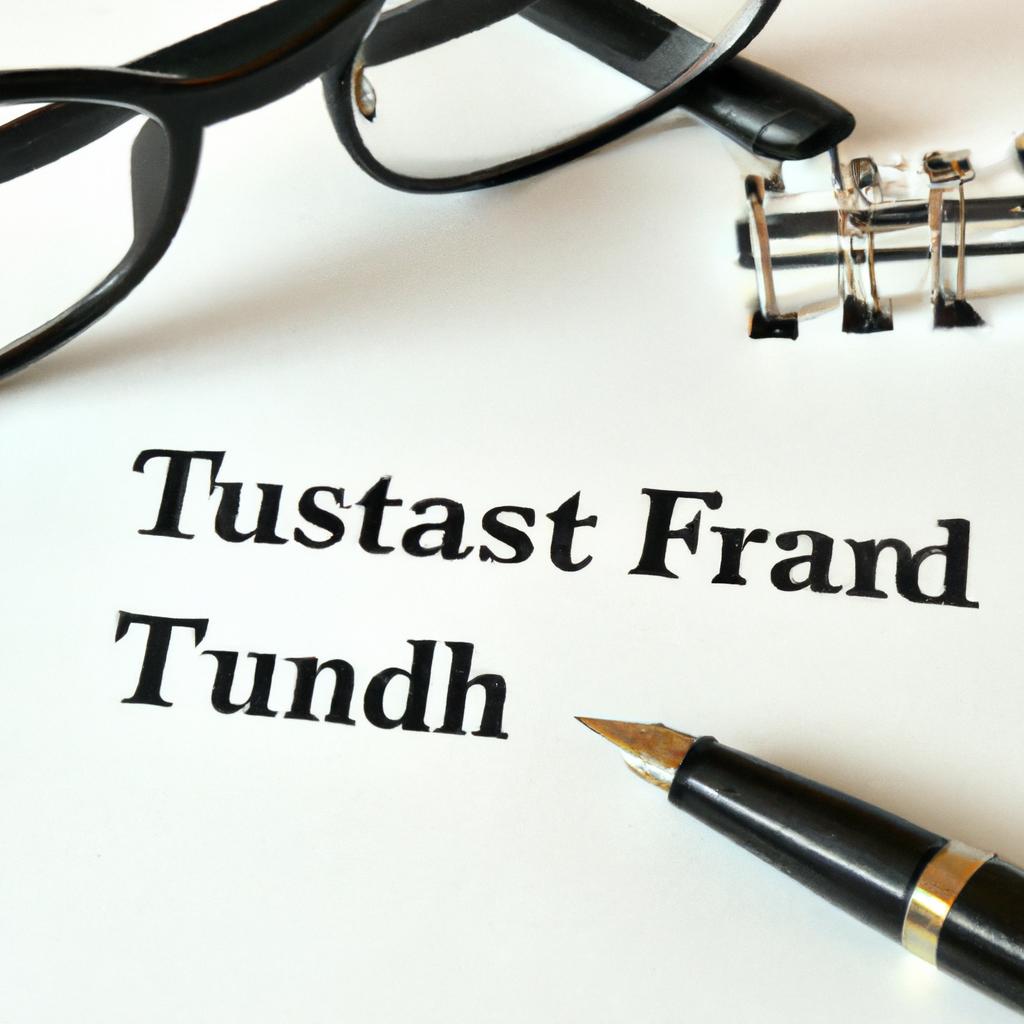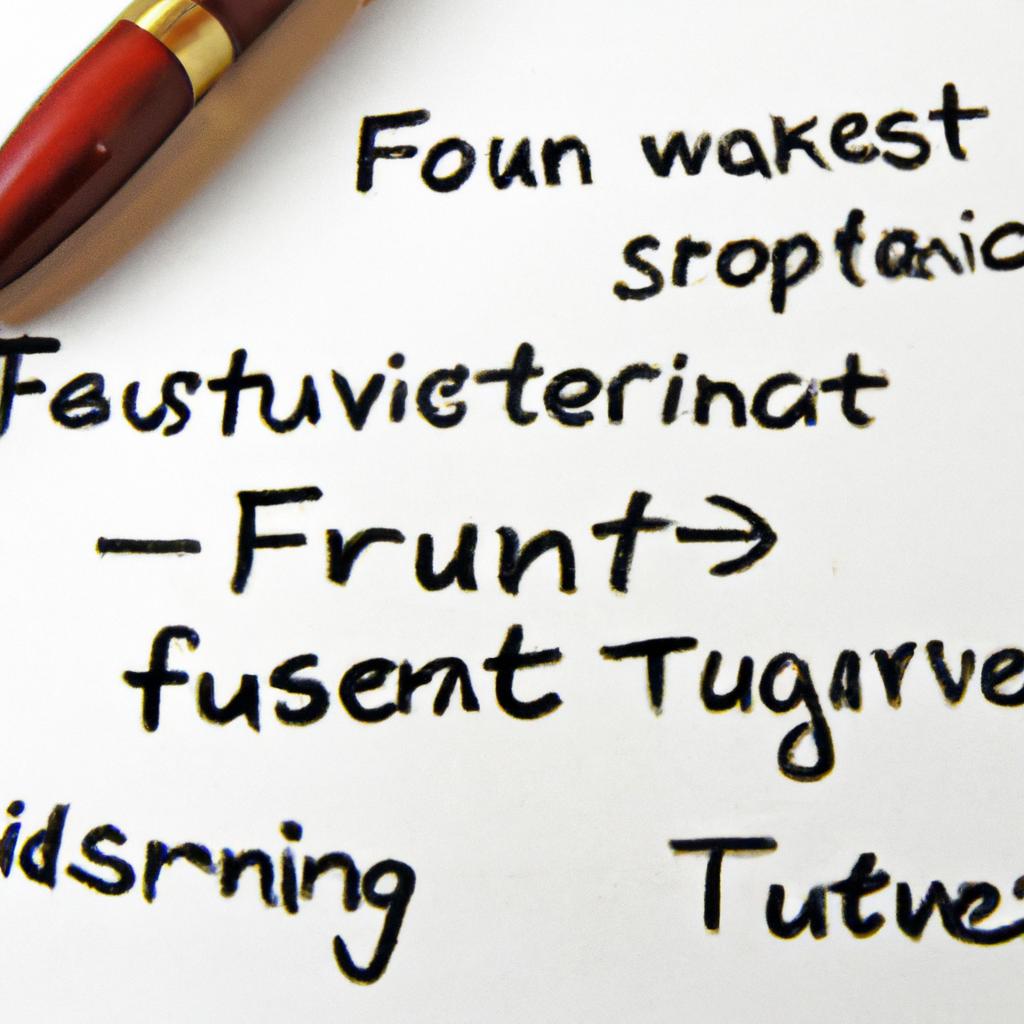Trust funds have long been a source of curiosity and confusion for many individuals. In the realm of estate planning and asset management, the concept of a trust fund holds a certain allure and mystique. But what exactly does trust fund mean? This article aims to provide a comprehensive overview of trust funds, delving into the legal intricacies and implications of establishing and managing these financial vehicles. As experienced attorneys in estate planning and trusts, Morgan Legal Group is equipped to shed light on this complex and important topic.
Understanding the Legal Definition of a Trust Fund
In legal terms, a trust fund is a legal entity that holds assets on behalf of an individual or organization. The assets in a trust fund are managed by a trustee, who is responsible for ensuring that the assets are used in accordance with the terms of the trust. Trust funds are commonly used in estate planning to ensure that assets are managed and distributed according to the wishes of the person who established the trust.
There are several key elements that make up a trust fund, including:
- Grantor: The person who establishes the trust and transfers assets into the trust fund.
- Trustee: The person or entity responsible for managing the assets in the trust fund.
- Beneficiary: The individual or organization that receives the benefits of the trust fund.
- Trust document: The legal document that outlines the terms and conditions of the trust fund.

Key Components of Establishing a Trust Fund
When it comes to establishing a trust fund, there are several key components that must be carefully considered and properly executed. One of the most crucial elements is selecting the right trustee to manage the trust and carry out its terms. The trustee plays a vital role in overseeing the trust and ensuring that the assets are distributed according to the wishes of the grantor. It is essential to choose someone who is trustworthy, reliable, and has the financial acumen to handle the responsibilities of the trust.
Another important component of establishing a trust fund is clearly defining the beneficiaries who will receive the assets held in the trust. Whether it is family members, charitable organizations, or other entities, specifying the beneficiaries and their respective rights is essential to avoid any confusion or disputes in the future. Additionally, outlining the terms and conditions of the trust, including the purpose of the trust, the distribution schedule, and any special instructions, is critical to ensure that the trust operates smoothly and achieves its intended goals.

Benefits and Pitfalls of Trust Funds in Estate Planning
Trust funds can be a valuable tool in estate planning, offering numerous benefits for individuals looking to protect their assets and provide for their loved ones. Some of the advantages of utilizing trust funds include:
- Asset Protection: Trust funds can shield assets from creditors and legal claims, ensuring that beneficiaries receive their intended inheritance.
- Privacy: Trust funds offer a level of confidentiality as they are not subject to probate, allowing beneficiaries to avoid public scrutiny of their financial affairs.
- Control: Settlers have the flexibility to outline specific conditions for the distribution of assets, ensuring that beneficiaries adhere to their wishes.
However, trust funds also come with potential pitfalls that individuals should consider when incorporating them into their estate plans. Some of the drawbacks of trust funds include:
- Cost: Setting up and maintaining a trust fund can be expensive, with fees for legal counsel, trustees, and administrative expenses.
- Complexity: Trust funds can be intricate legal instruments, requiring careful planning and ongoing management to ensure they are structured correctly and fulfill their intended purpose.
- Tax Implications: Trust funds may have tax implications for both the settlor and beneficiaries, potentially impacting the overall value of the assets held within the trust.

Seeking Professional Guidance for Setting Up Trust Funds
Trust funds are legal arrangements that allow assets to be held by a trustee for the benefit of another party, known as the beneficiary. These funds are commonly used in estate planning to ensure that assets are managed and distributed according to the wishes of the individual establishing the trust. is crucial in order to navigate the complex legal requirements and ensure that the trust is established correctly.
When setting up a trust fund, it is important to consider various factors such as the type of trust that will best suit your needs, the assets to be included in the trust, and the designated beneficiaries. Professional guidance can help you make informed decisions and create a trust fund that aligns with your goals and objectives. At Morgan Legal Group, our experienced team of attorneys specializes in estate planning and can provide personalized advice and assistance throughout the trust fund establishment process. Contact us today to learn more about how we can help you secure your legacy through trust funds.
Q&A
Q: What does trust fund mean?
A: Trust fund is a financial arrangement where assets are set aside by a grantor for the benefit of a beneficiary, managed by a trustee.
Q: Who typically sets up a trust fund?
A: Trust funds are often set up by parents for their children, as part of estate planning or as a way to pass wealth down through generations.
Q: How does a trust fund work?
A: The grantor (creator of the trust) transfers assets into the trust, which are then managed by a trustee according to the terms of the trust agreement for the benefit of the beneficiary.
Q: What are some common types of trust funds?
A: Some common types of trust funds include revocable trusts, irrevocable trusts, charitable trusts, and special needs trusts.
Q: Can beneficiaries access the funds in a trust directly?
A: This depends on the terms of the trust agreement. Some trusts allow for periodic distributions to beneficiaries, while others may only allow access to funds for specific purposes like education or healthcare.
Q: Are trust funds only for wealthy individuals?
A: Trust funds are often associated with wealth, but they can be useful for individuals of all income levels as a way to protect assets and provide for the future needs of beneficiaries.
Closing Remarks
In conclusion, a trust fund is a financial tool that can provide security and support for individuals or beneficiaries. Whether it’s for education, medical expenses, or simply to ensure a comfortable future, trust funds can offer peace of mind and stability. Understanding the ins and outs of trust funds can help you navigate the complexities of wealth management and estate planning. So, the next time you hear about a trust fund, you’ll know that it’s more than just a mysterious financial term – it’s a valuable resource that can impact lives for generations to come. Trust in the fund, and trust in the possibilities it can create.

